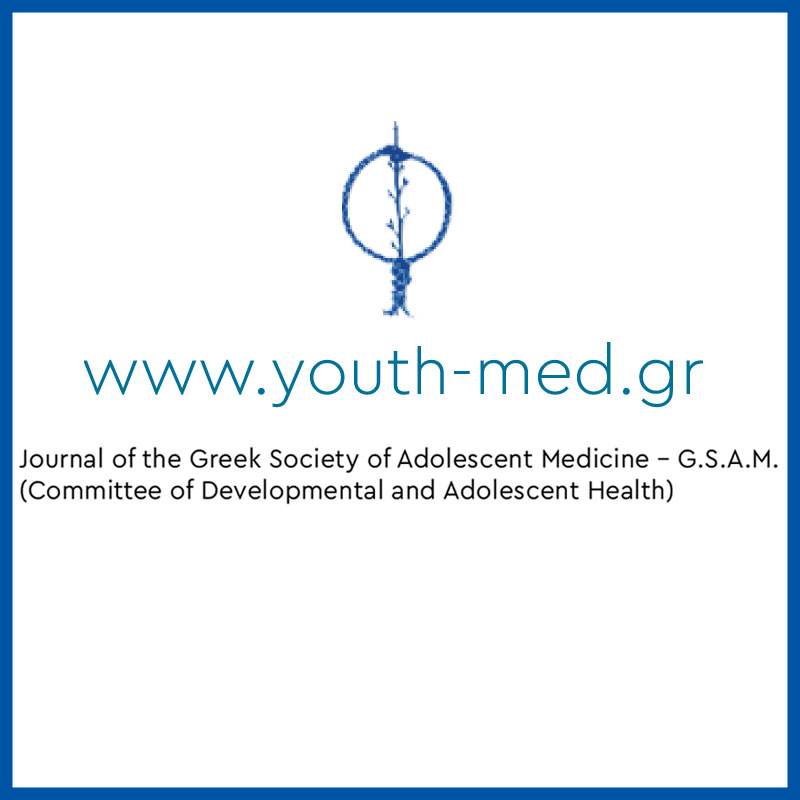Fertility preservation in ovary pathologies in pediatric patients
https://doi.org/10.54088/mn73we3
Keywords:
Key words: Ovarian torsion, ovarian tumors, ovary sparing surgery in childrenAbstract
Purpose: To study cases with ovarian torsion or ovarian tumors and hemorrhagic cysts and to
review those who underwent ovary sparing surgery in a follow up period of 1 month, 3 months and 1 year.
Methods: A prospective study of 46 youth and adolescent patients, from 6 to 16 years old, were prospectively studied from October 2015 to October 2020, in a single tertiary care children's hospital. All underwent radical or ovary- sparing operative management, due to ovarian torsion or ovarian tumor/cyst. Statistical analysis was performed with SPSS (ve 24 SPSS Inc., Chicago, IL,USA).
Results: Sixteen patients underwent radical surgery, while ovary sparing surgery was performed in thirty three. Overall, 5 were diagnosed with ovarian torsion, 11 with ovarian or fallopian tube torsion due to hemorrhagic cyst or tumor and 30 with ovarian tumor (23 benign and 7 malignant). Benign or malignant etiology was confirmed through biopsy. Ultrasound was used for diagnosis in all patients, while CT scan or MRI only in 18 cases, especially in those with strong indications of tumor pathology. Initial operation was performed laparoscopically in 30% of patients, without any conversion to open surgery. In all patients postoperative ovarian ultrasound imaging was performed 1 and 3 months after surgery. An ultrasound follow-up 12 months postoperatively was performed in 38 patients.
Conclusion: Ovarian-sparing operations are safe for ovarian torsion and benign ovarian tumors and conferred successful clinical outcomes of low recurrence and repeated surgery rates. It is also a viable approach in children and young girls in an attempt to preserve future fertility.


